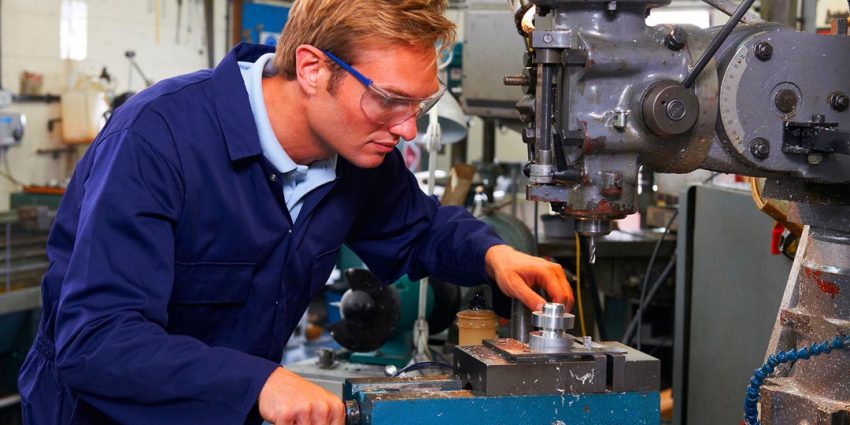In the competitive world of manufacturing and production, businesses are constantly looking for ways to cut costs without compromising on quality. One area that often gets overlooked is the investment in quality tools. But can these tools actually save your business money in the long run? Let’s delve into this intriguing question.
The Initial Investment: A Hurdle or a Stepping Stone?
The upfront cost of high-quality tools can be daunting. However, this initial investment is often a stepping stone to long-term savings. Quality tools tend to have a longer lifespan, reducing the frequency of replacements. Also, they are less likely to cause breakdowns, which can be costly in terms of both repairs and downtime.
Efficiency and Productivity Gains
Quality tools are usually more efficient, meaning they can do the job faster and more accurately. This efficiency translates into increased productivity. For instance, a high-quality CNC machine may produce parts twice as fast as a lower-end model, with significantly better precision. This not only saves time but also materials, as there is less waste due to errors.
The Impact on Maintenance and Downtime
Maintenance is an ongoing cost in any production environment. Quality tools, while perhaps more expensive up front, typically require less maintenance. This means lower ongoing costs and less downtime. Downtime, especially unplanned, can be extremely expensive, so reducing it even marginally can lead to substantial savings.
Safety and Training Costs
Higher-quality tools are often safer to use, reducing the risk of workplace accidents. This not only protects your employees but also saves costs related to workplace injuries, such as compensation claims and lost labor. Additionally, quality tools can be more intuitive and easier to use, reducing training time and costs.
Long-Term Savings and ROI
When evaluating the cost of tools, it’s crucial to consider the return on investment (ROI). Quality tools may cost more upfront, but their durability, efficiency, and lower maintenance costs can result in a higher ROI in the long term. This makes them a financially sound choice for businesses looking to optimize their spending.
Conclusion
In conclusion, while quality tools may require a higher initial investment, they can indeed save your business money over time. They offer greater efficiency, lower maintenance and downtime costs, improved safety, and better ROI. So, when looking to cut costs, consider investing in quality tools. It’s a decision that can pay dividends in the long run, ensuring you cut costs, not corners.

